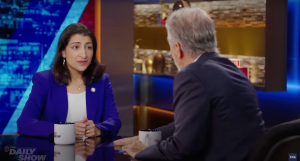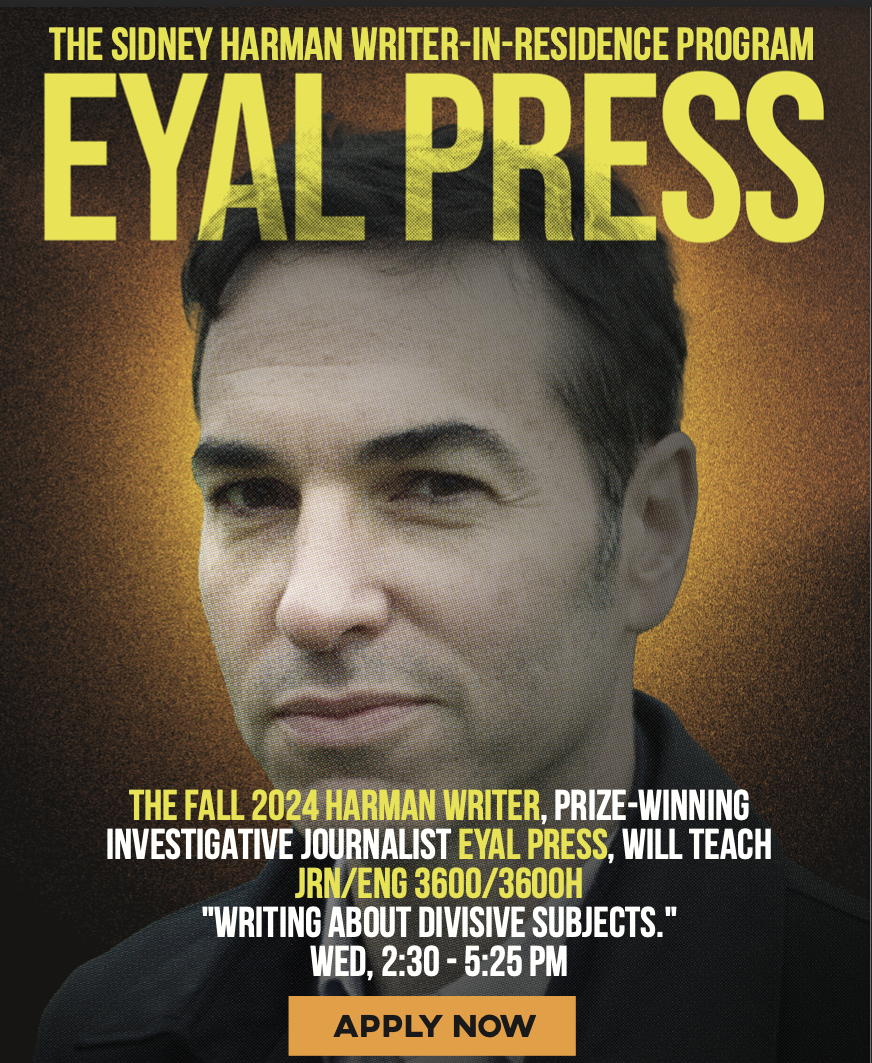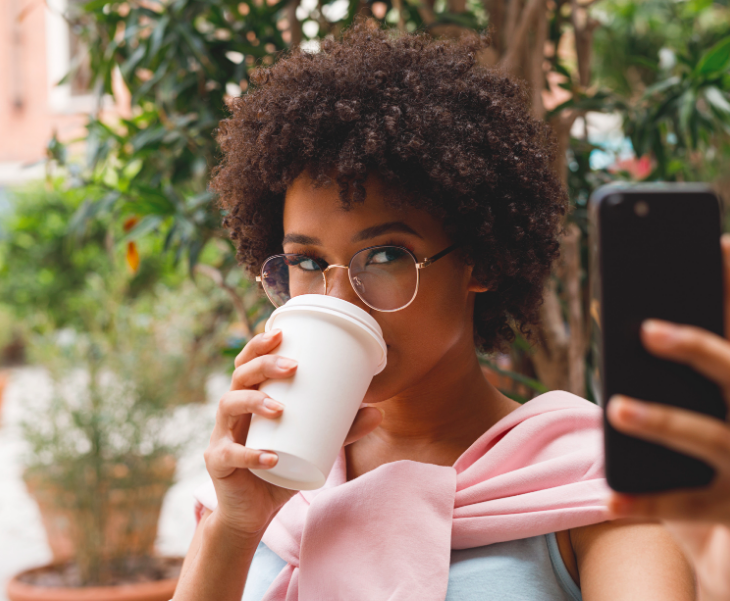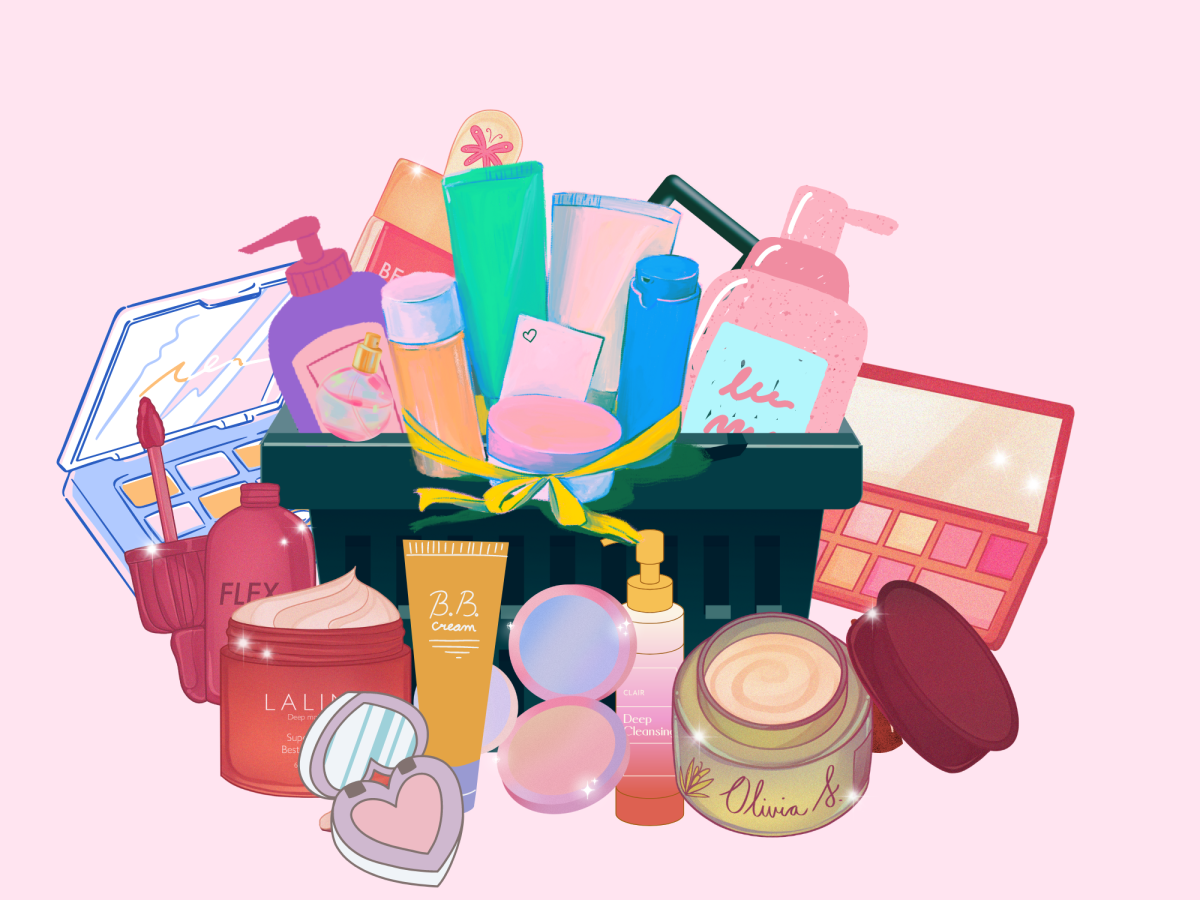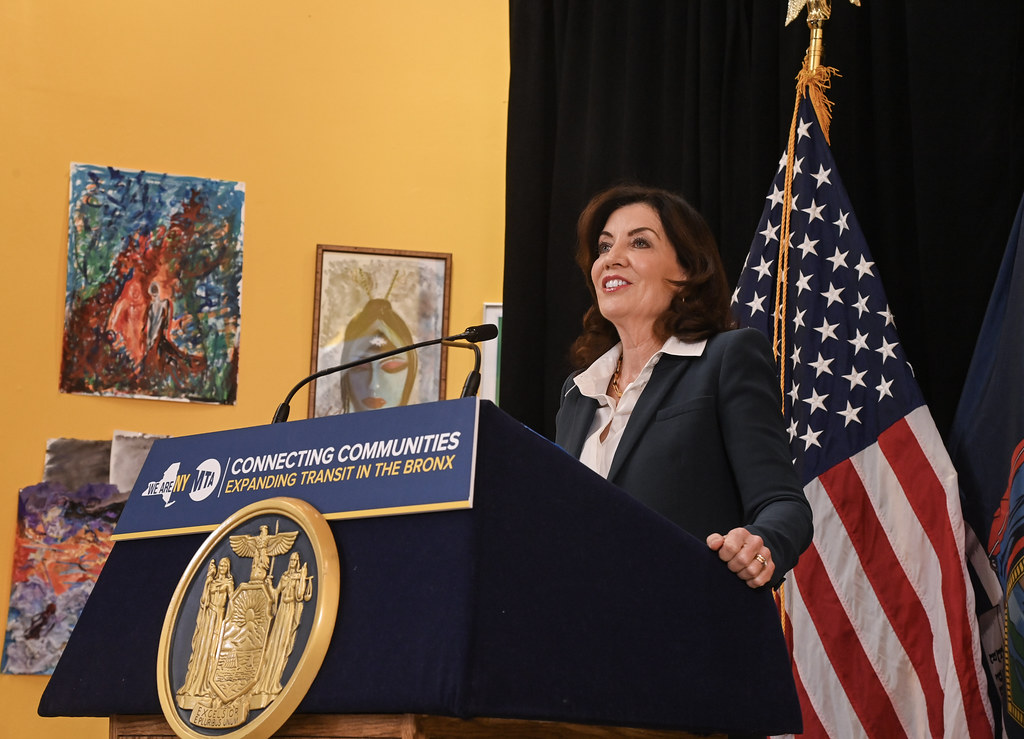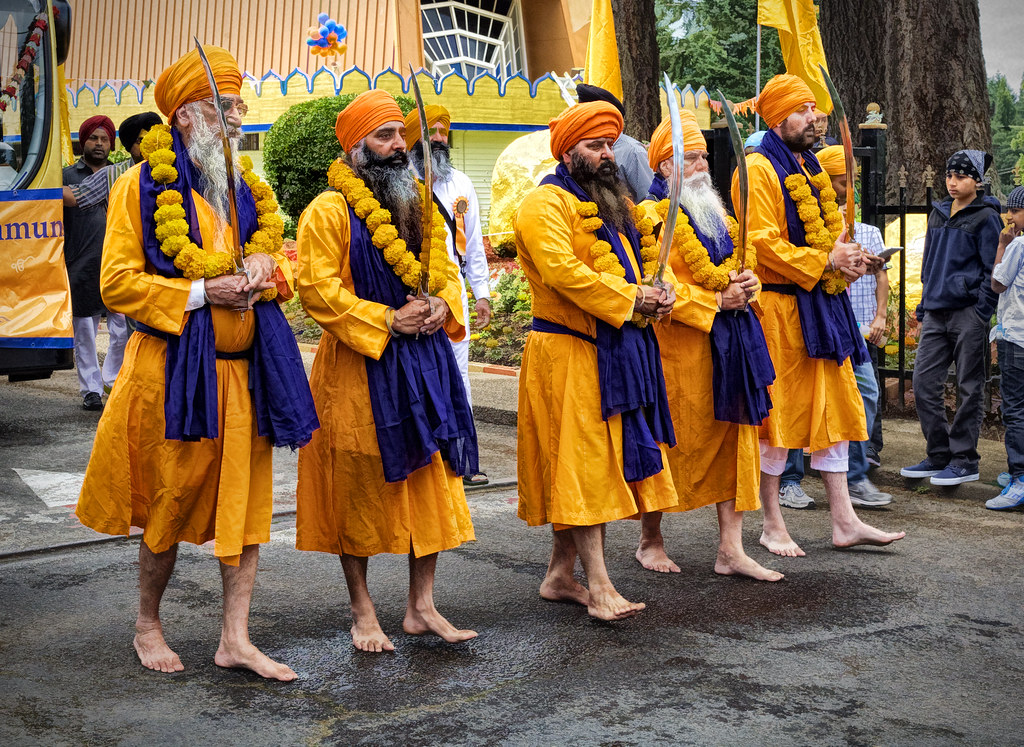Parasocial relationships have become prevalent in the age of the internet. However, they are dangerous as prolonged interaction with media personas can lead to a distorted feeling of intimacy and a false sense of friendship.
Parasocial relationships are defined as the one-sided bond between online performers and their audience, creating an unfounded sense that the audience knows the performer.
These relationships often form after someone excessively consumes the content of a persona. This can be through watching the person’s content or following them on social media.
The constant influx of content allows the consumer to project feelings of companionship, admiration and reverence even as the creator has no idea who they are.
These relationships have become much more popular in the digital age since people constantly compare themselves or watch social media influencers. It’s inevitable to develop positive feelings toward the content creators people watch.
As a result, fans can develop an illusion that they have a friendly relationship with creators, leading to a sense of entitlement over creators’ lives. The lines of proximity become skewed.
In 2013, after Justin Bieber was allegedly caught smoking marijuana in his hotel room, fans took it upon themselves to create the hashtags “#cutforbieber” and “#cuttingforbieber” to protest his behavior.
The platform X, formerly known as Twitter was then flooded with pictures of obscene photos of fans self-harming themselves to get him to stop smoking.
The fact that Bieber’s young fanbase felt so attached to him and so distressed by his behavior, is one of the public indicators of how dangerous these forms of attachment can be. Despite Bieber being a stranger, his fans let his behavior have real, corporeal effects on their lives.
Although positive in small amounts, these parasocial relationships are harmful to both the consumer and the creator.
The Sturniolo Triplets are influencers known for their comedic videos on TikTok and YouTube. They have discussed the uncomfortable sexual comments they receive and how they have been followed to their designated locations for videos by fans.
Chris Sturniolo, one of the triplets, once spoke out about his fear of having a public relationship due to his fan base’s aversion to them having any female friends. Fanbases’ false sense of protectiveness toward influencers can be suffocating for content creators.
A more innocuous example of parasocial relationships is the public’s fascination with Taylor Swift’s alleged new relationship with footballer Travis Kelce. Dozens of articles have been published following the frenzy surrounding the pop-star’s new romance.
These intense feelings of intimacy lead to celebrities feeling like they don’t have privacy and leave fans feeling emotionally depleted. Relying on influencers for any motivation or fulfillment is unsafe, as it can lead to feelings of social abandonment, overextension and loneliness.
Media consumption can become a dangerous game when viewers expect too much from influencers.
Consumers who become obsessed with influencers put themselves in unfulfilling positions by this imaginary relationship. Alongside this, many influencers often weaponize their platforms to get their fans to buy expensive merchandise or even bully people online.
Additionally, it can glamorize different lifestyles. For instance, a teenage girl who idolizes an influencer promoting diet culture may develop an eating disorder.
Relatable content often gets the most attention on social media platforms, as it is catered to make viewers feel like they are a part of the influencer’s life. Media algorithms reward creators when they show as much of their lives as they can. In a way, parasociality is encouraged in today’s world.
It is important for people to remember that when interacting with social media influencers, no matter how likable or famous, they may seem like they are still strangers.
Like all things, media consumption needs a proper balance to ensure that all parties, both consumers and creators, are treated like human beings.




